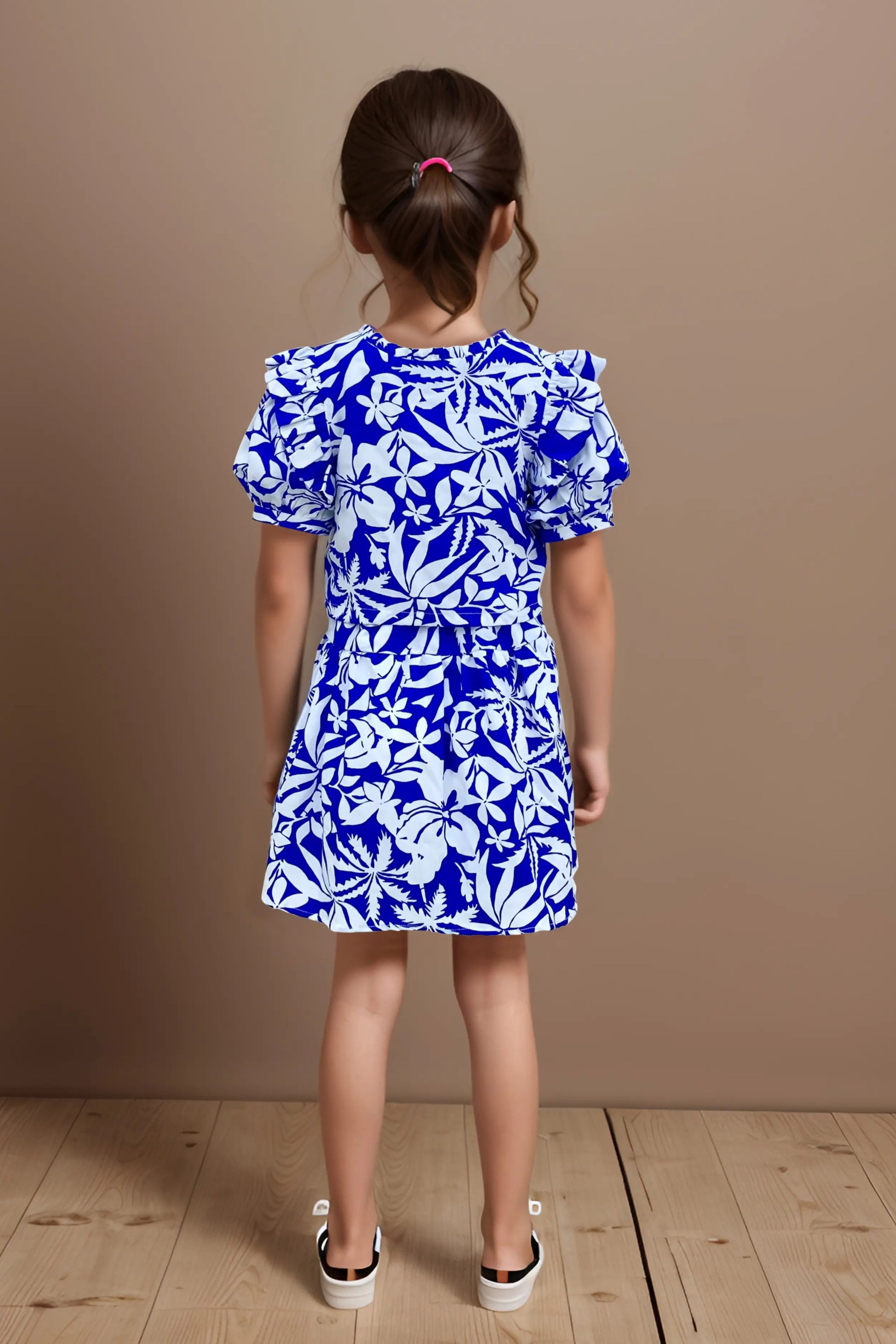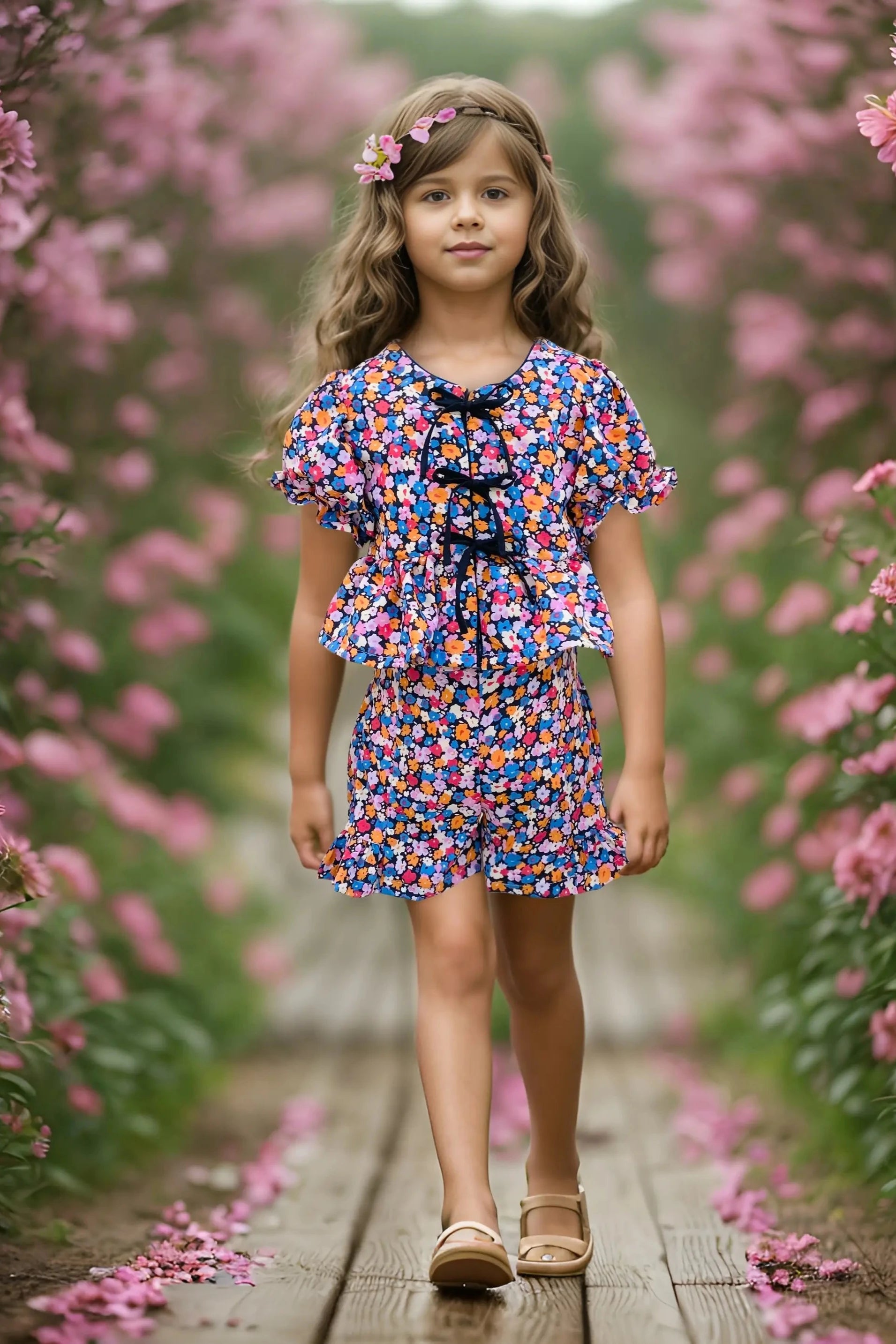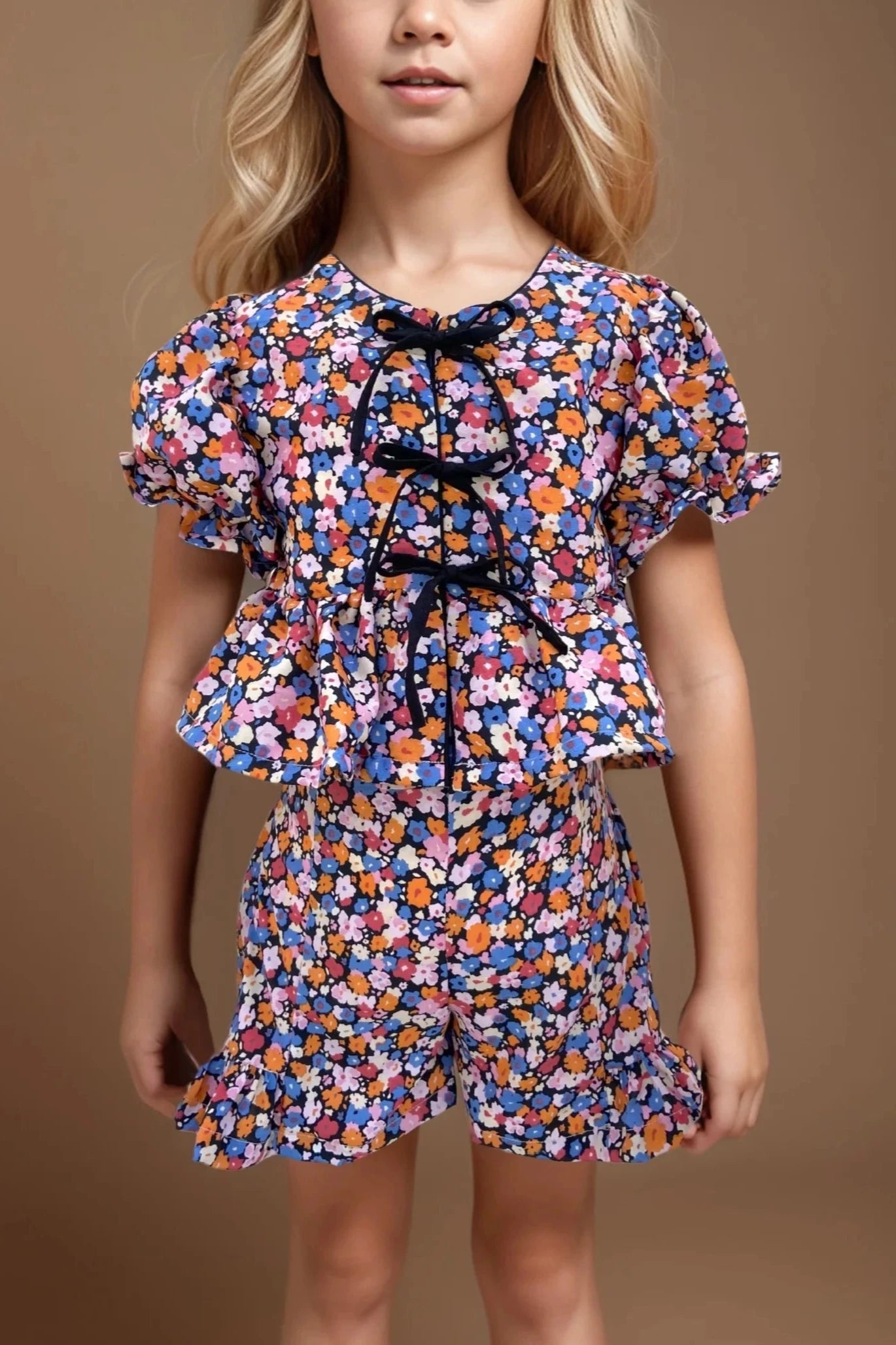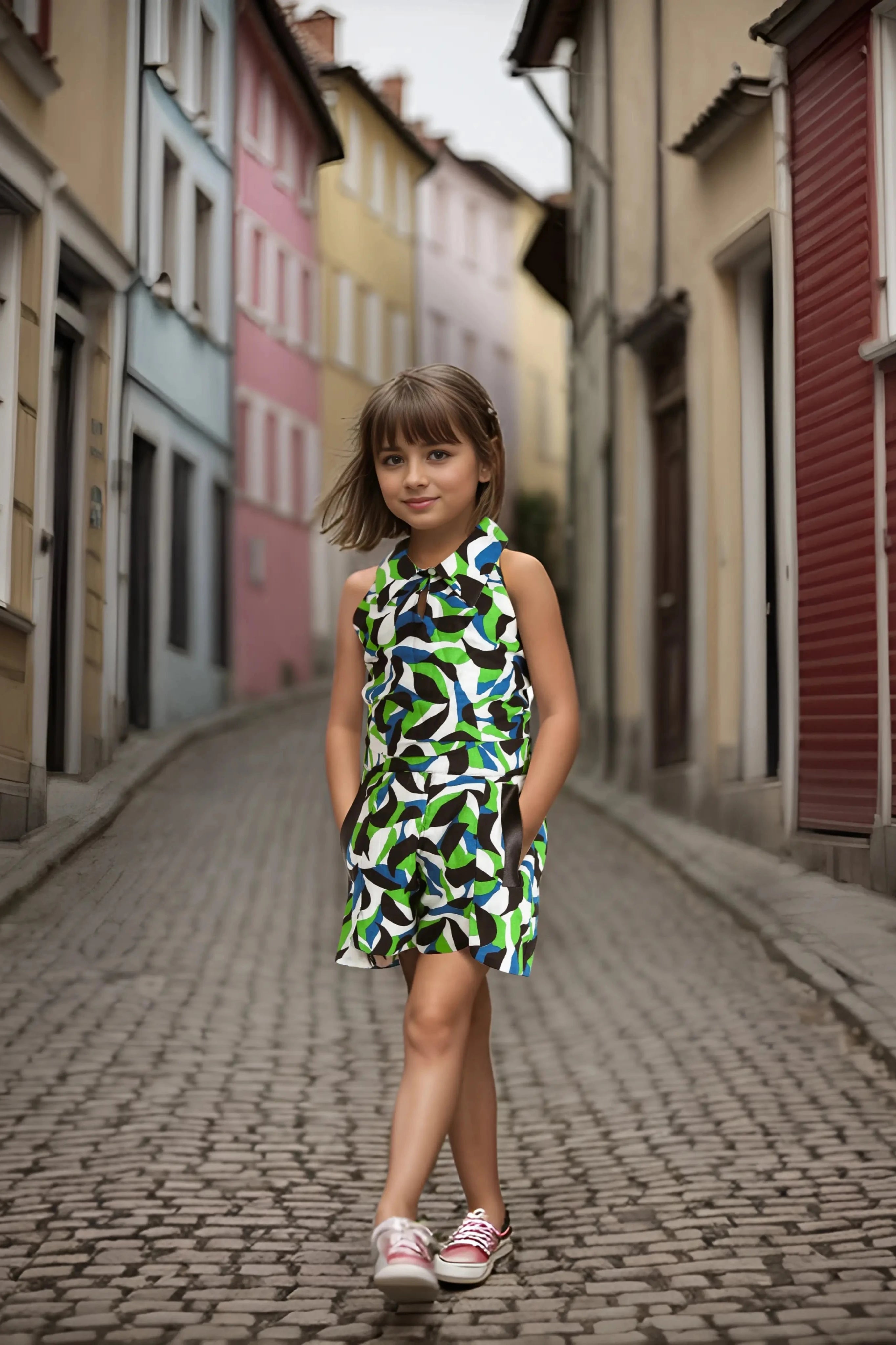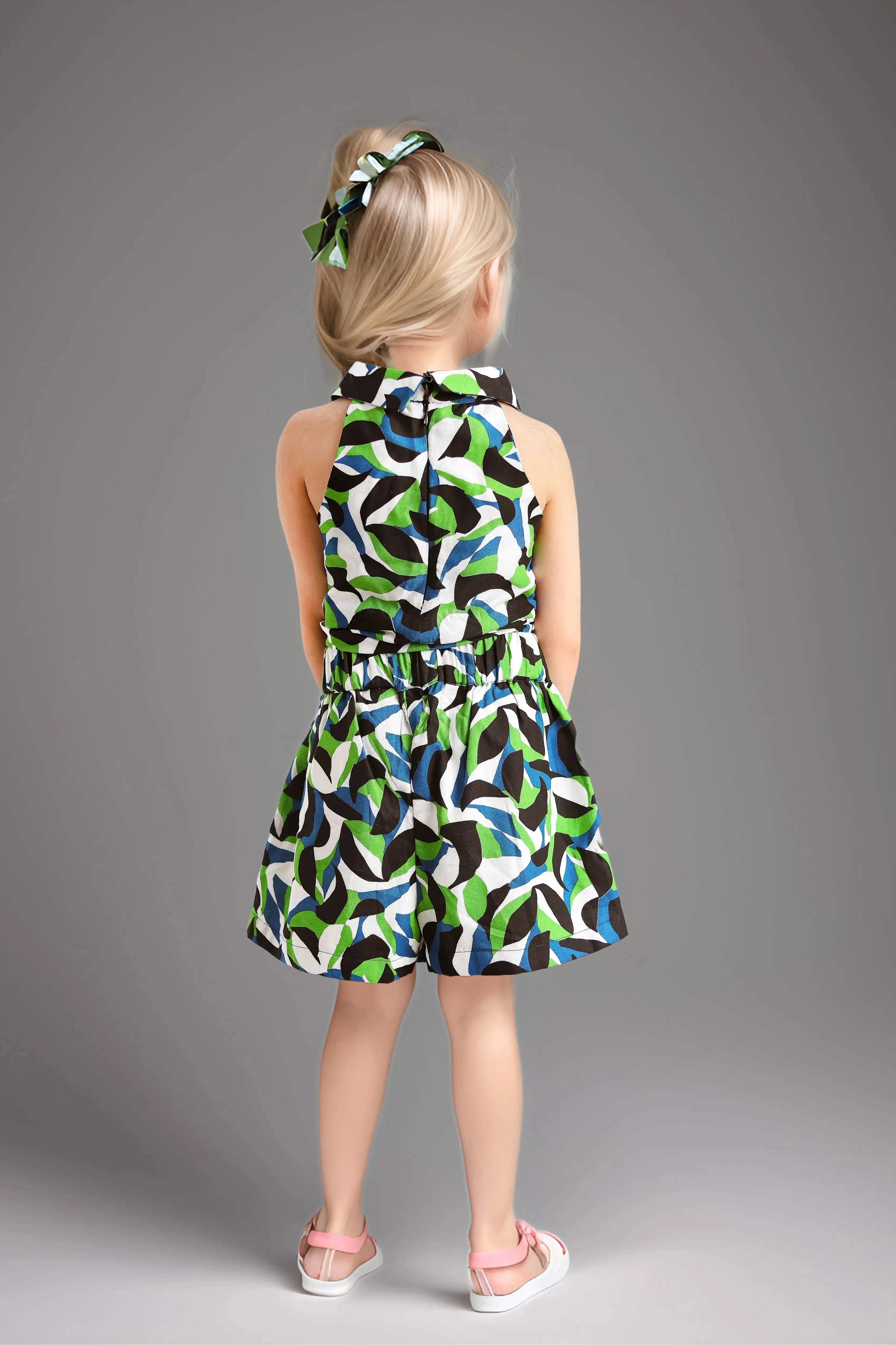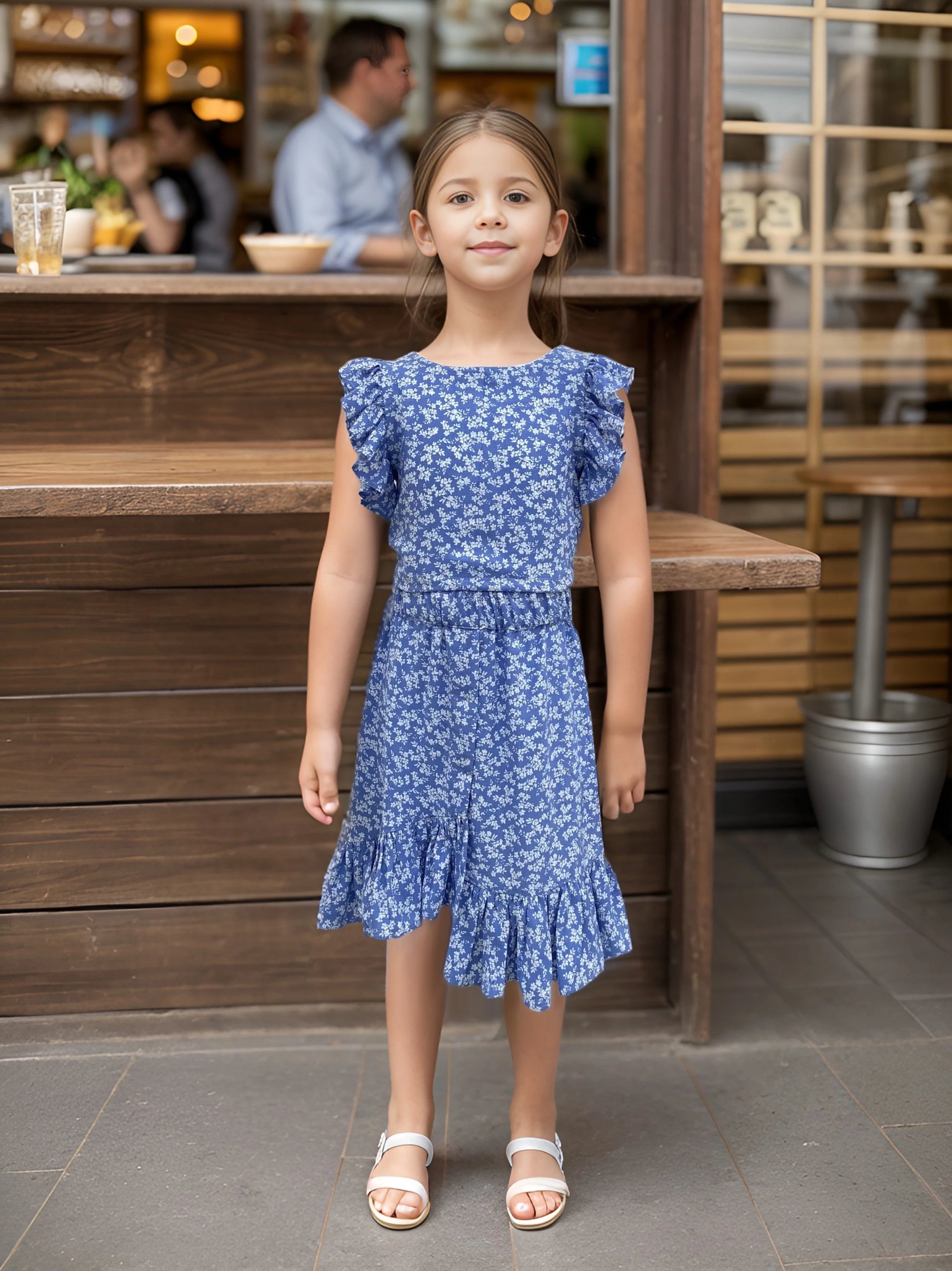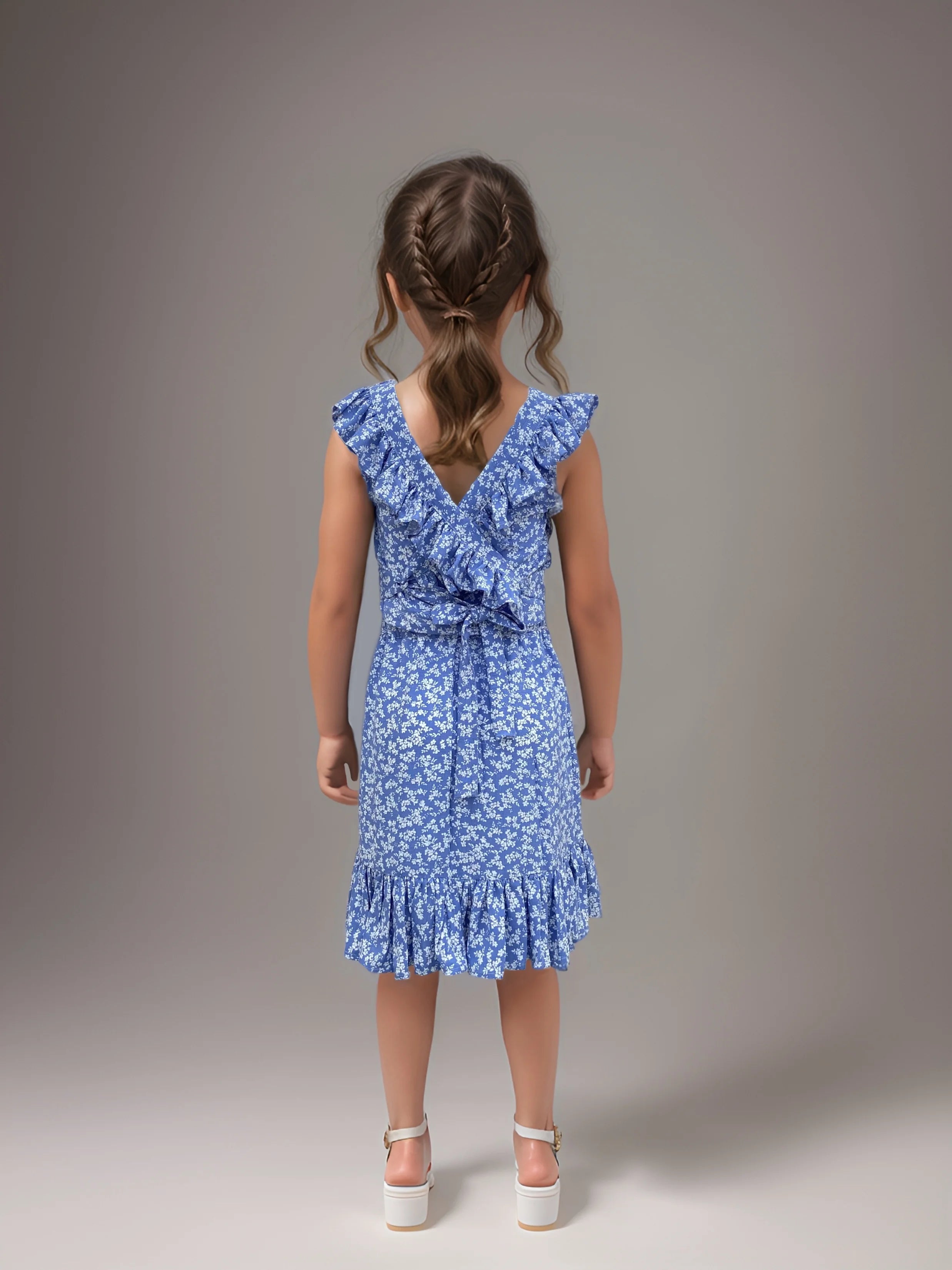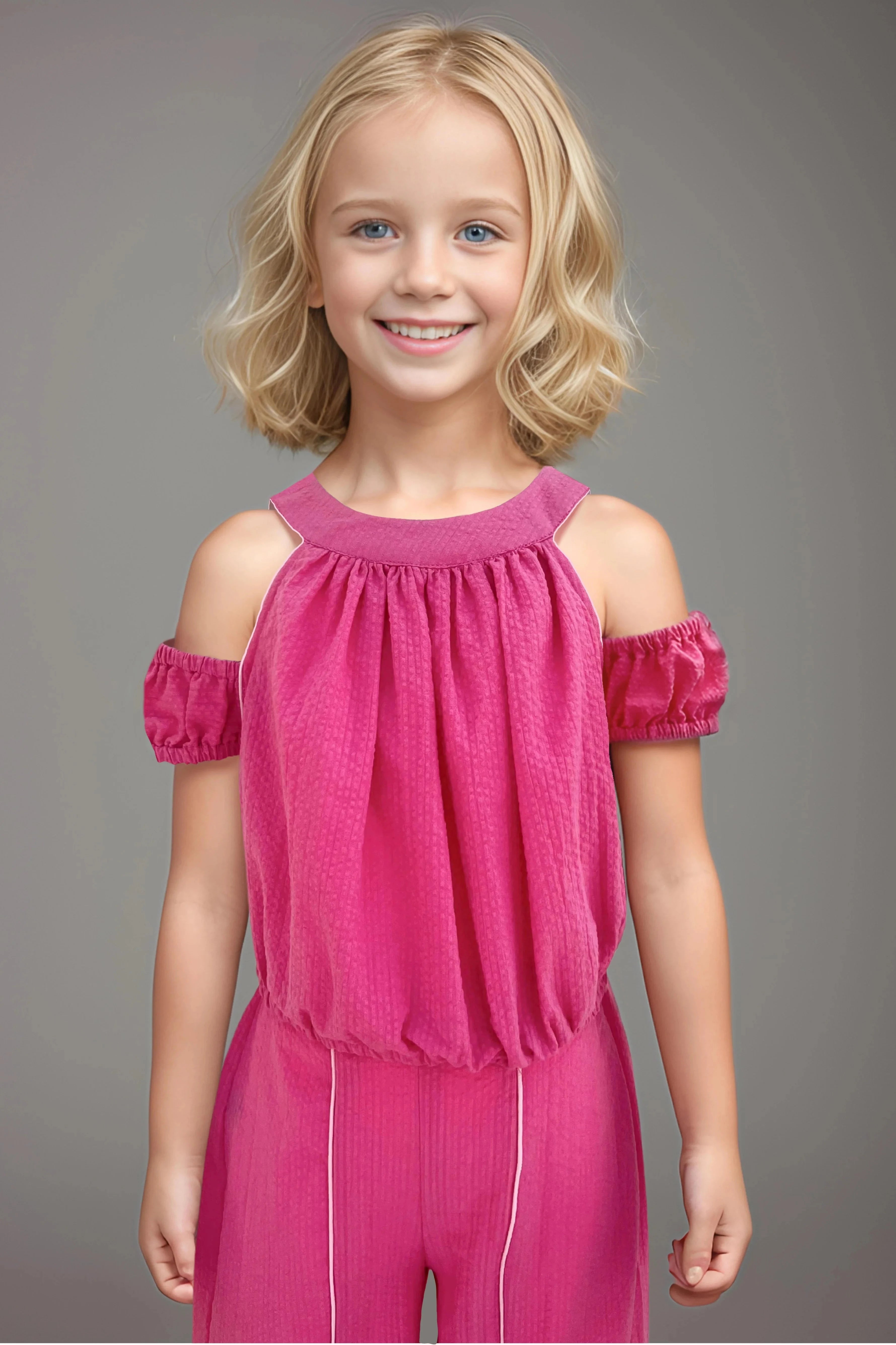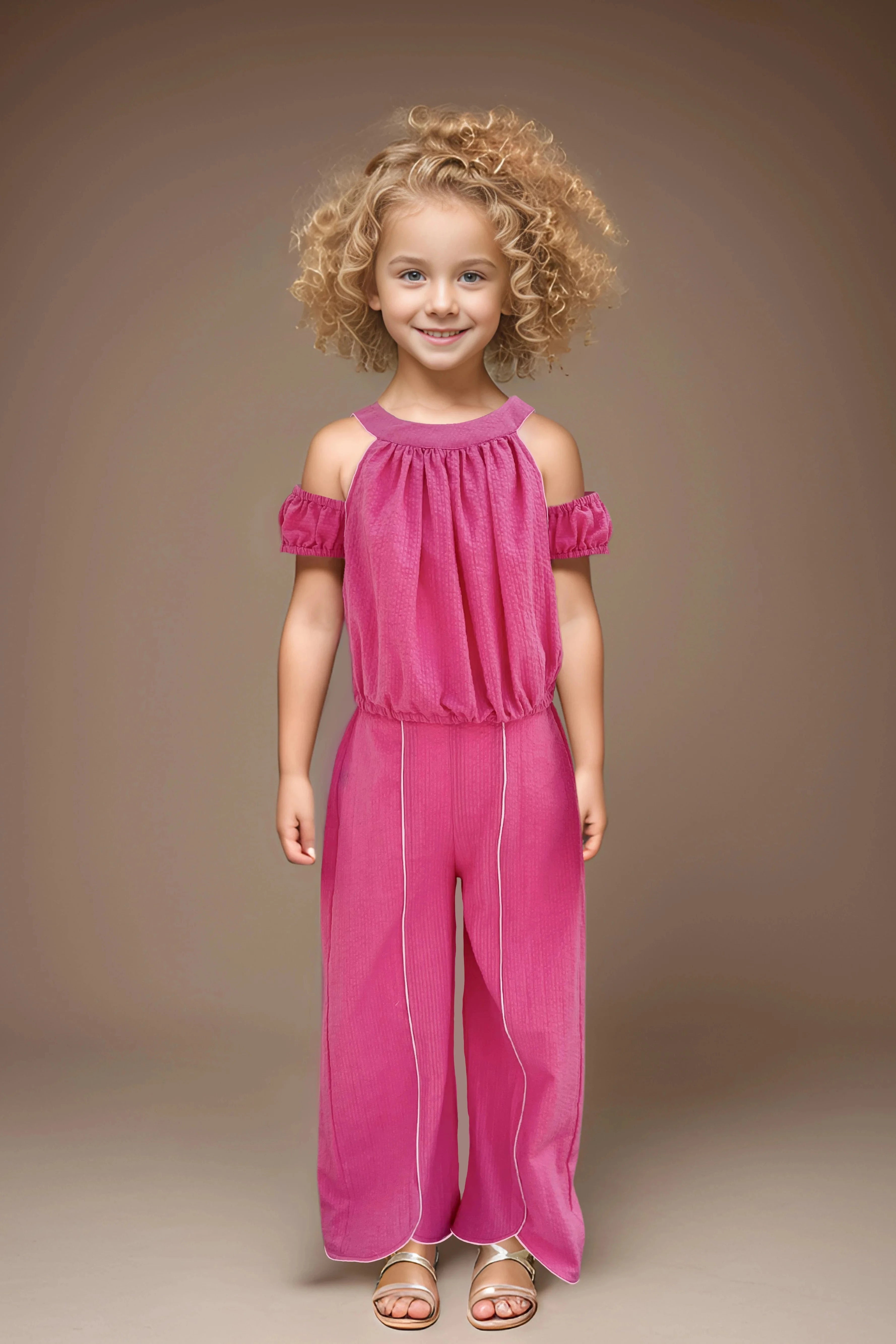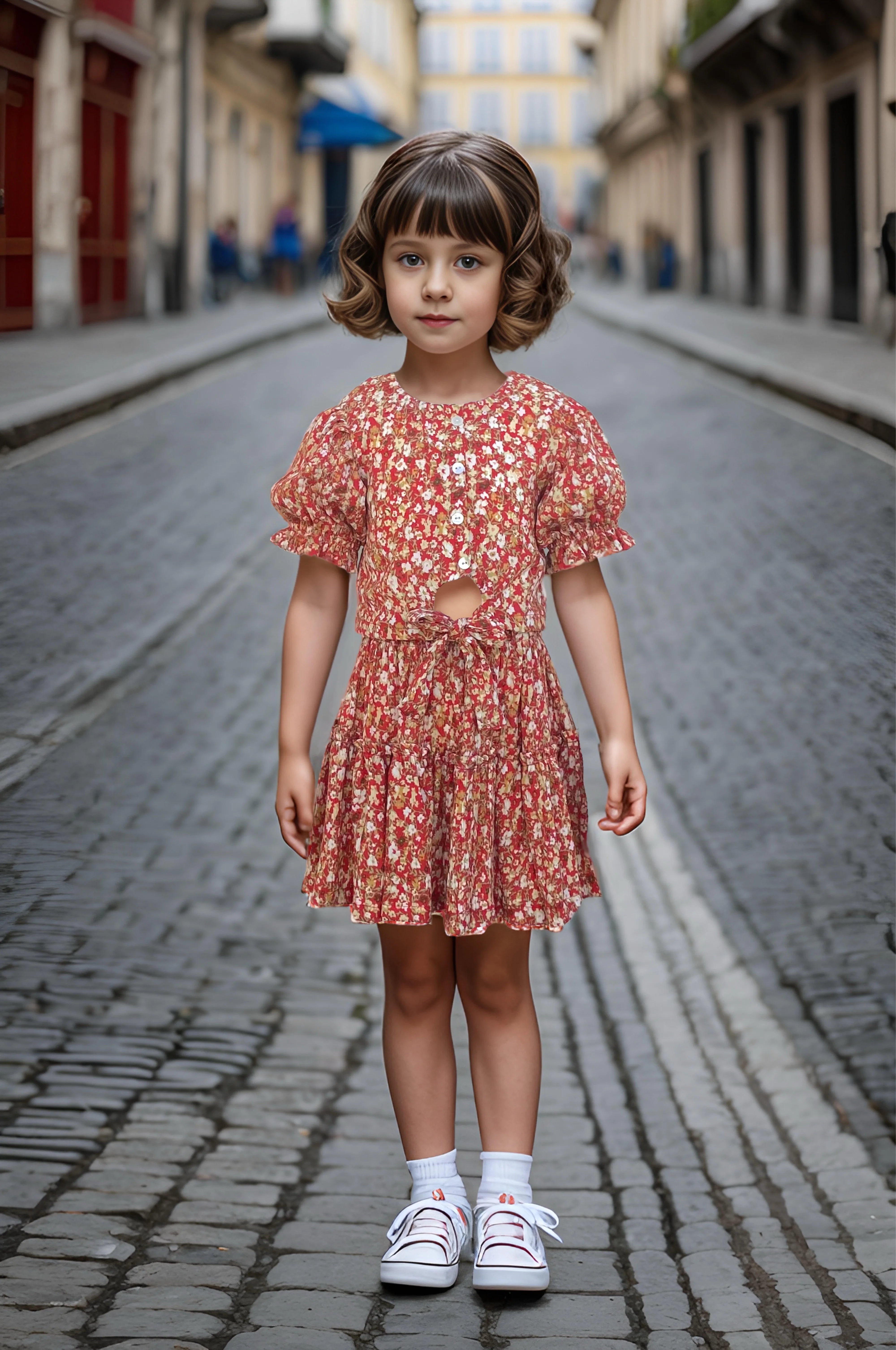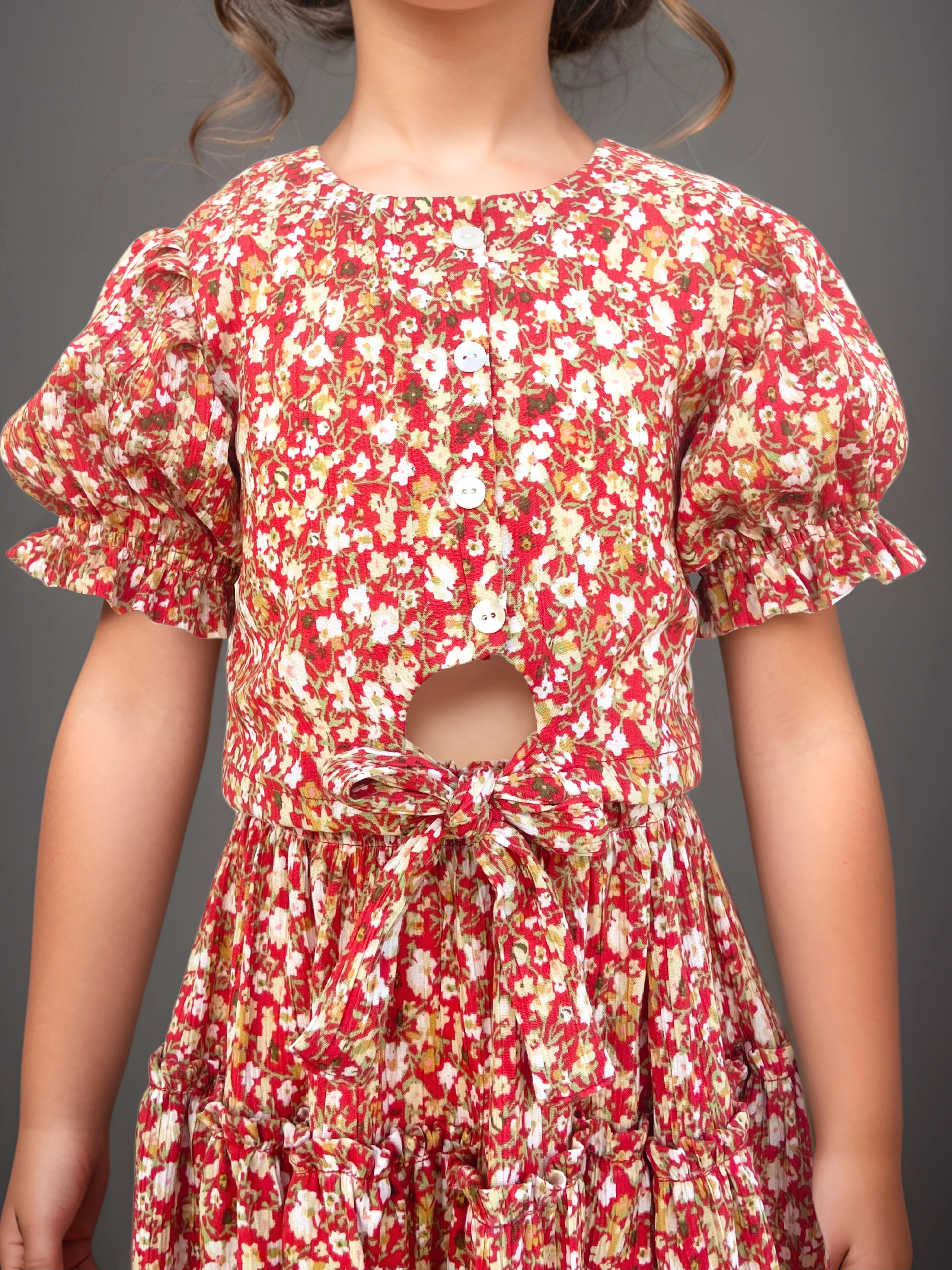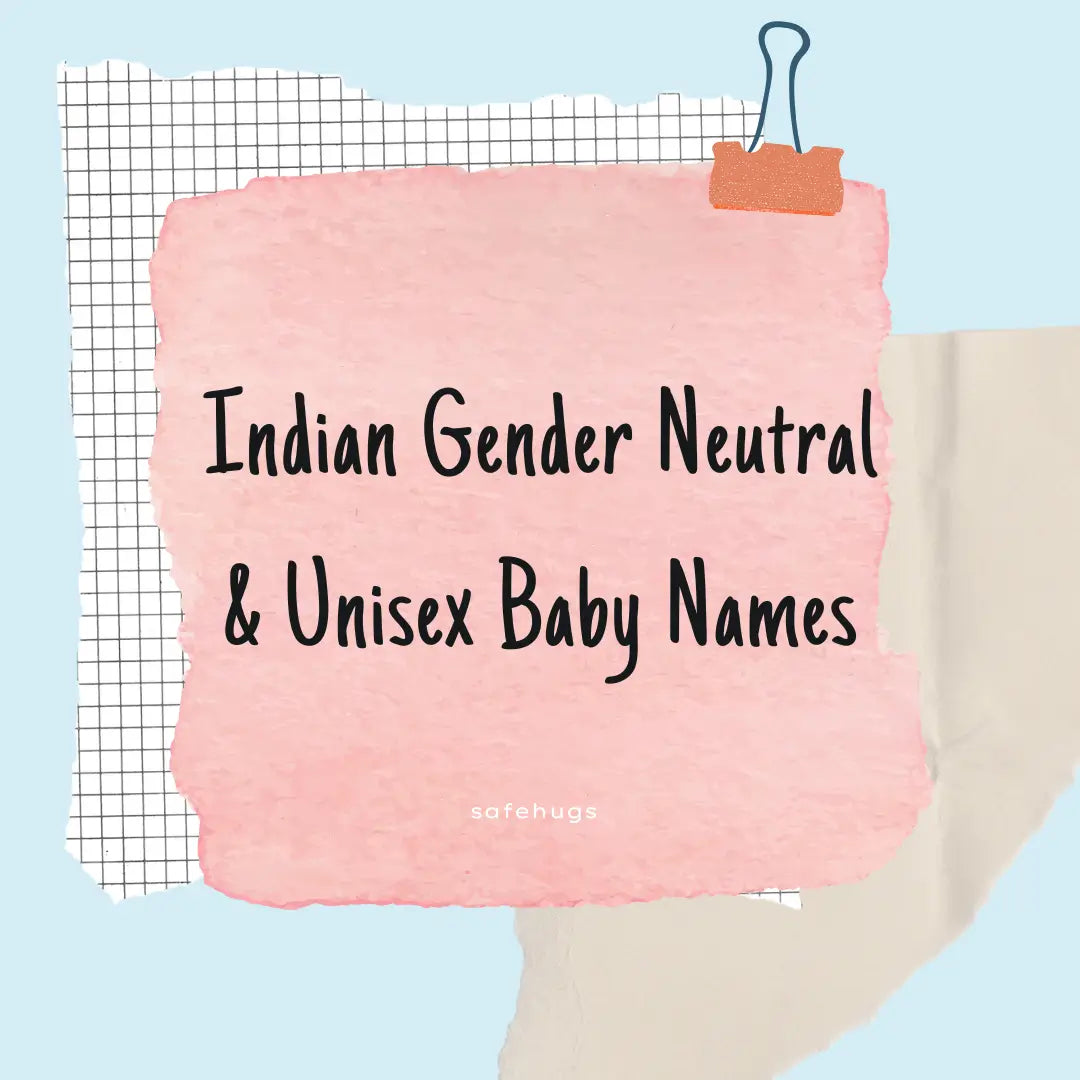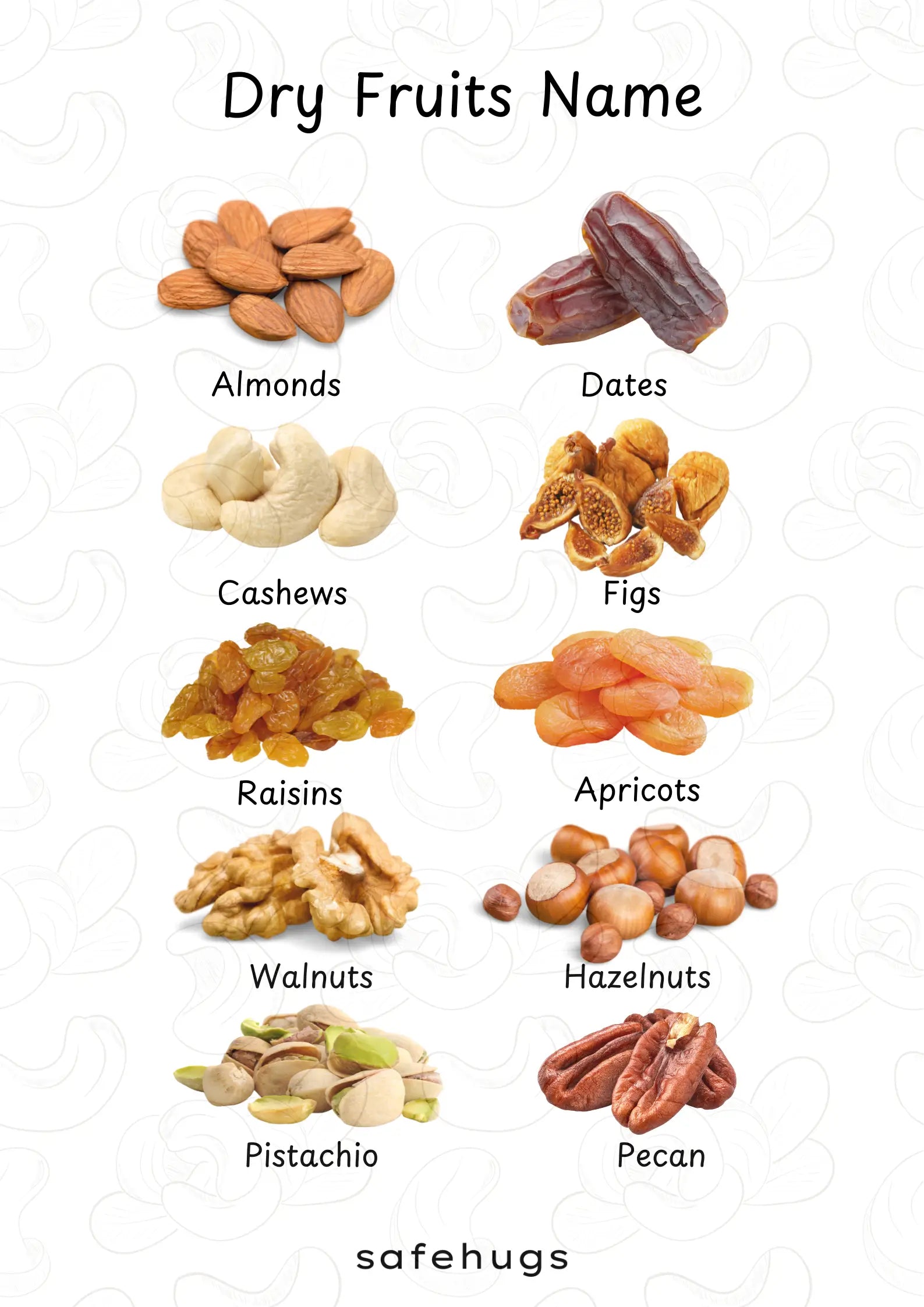100+ Action Words in English for Kids
Table of Contents
Action words, also known as action verbs, are words that show what someone or something is doing. Words like run, eat, jump, play, and write are action words we use every day. Learning action words helps kids build strong vocabulary, improve sentence formation, and communicate better. It also supports reading, writing, and speaking skills from an early age. In this blog, we will explore a list of action words in English, how to use them in sentences, and fun ways to teach them to kids.
Types of Verbs
Verbs can be classified into different types based on their function in a sentence. The main types include:
- Action Verbs - Express actions (e.g., run, jump, eat).
- Helping Verbs - Support the main verb (e.g., is running, has eaten).
- Linking Verbs - Connect the subject to more information (e.g., am, is, seem).
- Transitive Verbs - Require an object (e.g., She reads a book).
- Intransitive Verbs - Do not need an object (e.g., He sleeps).
What are Action Verbs?
Action verbs, also known as action words, describe physical or mental activities. They show what a person, animal, or object does. Examples include:
- Jump, run, dance (physical actions)
- Think, dream, imagine (mental actions)
Action Words for Kids
Understanding action words is easier when introduced at the right learning level. Here's how they apply to different age groups:
Action words lesson plan for kindergarten
At this stage, kids are just starting to understand basic action words. Simple verbs help in early language development and communication. Here are some common action words they can learn:
| Run | Jump | Eat |
| Sleep | Talk | Read |
| Clap | Sing | Drink |
| Stand | Dance | Smile |
| Sit | Hop | Cry |
| Walk | Write | Kick |
| Throw | Catch | Wash |
| Climb | Wave | Shake |
These words can be introduced through interactive activities, songs, and games to make learning fun and engaging.
Action words sentences for class 1 & Action words for class 2
As kids advance, they begin using more action words in sentences. These words help them express actions clearly and improve their communication skills. Here's a list of action words they can learn:
| Throw | Catch | Dance |
| Write | Run | Cry |
| Sing | Jump | Walk |
| Talk | Kick | Play |
| Read | Laugh | Push |
| Skip | Ride | Pull |
| Shake | Cook | Paint |
| Close | Open | Draw |
Encouraging children to use these words in sentences will enhance their language development.
List of Action verbs for middle school & Beyond
Older children learn more complex action verbs that help them express ideas more precisely and enhance their academic and communication skills. Here's a list of action verbs for this stage:
| Analyze | Construct | Persuade |
| Investigate | Compare | Describe |
| Interpret | Demonstrate | Predict |
| Explain | Organize | Summarize |
| Classify | Debate | Illustrate |
| Justify | Formulate | Develop |
These words are essential for writing, discussions, and critical thinking skills.
Action Verbs Example



Comprehensive List of Action Words for Kids
Common Action Verbs
Frequently used action Verbs list:
| A | Ask, Analyze, Arrange |
| B | Build, Break, Bounce |
| C | Climb, Create, Catch |
| D | Dance, Decide, Draw |
| E | Eat, Explain, Examine |
| F | Fall, Fix, Follow |
| G | Give, Grab, Grow |
| H | Hop, Help, Hug |
| I | Imagine, Investigate, Identify |
| J | Jump, Join, Jog |
| K | Kick, Knit, Knock |
| L | Laugh, Listen, Lift |
| M | Move, Make, Measure |
| N | Name, Notice, Nurture |
| O | Open, Observe, Offer |
| P | Play, Paint, Pull |
| Q | Question, Quit, Quote |
| R | Run, Read, Ride |
| S | Sit, Sing, Swim |
| T | Talk, Teach, Throw |
| U | Understand, Use, Unlock |
| V | Visit, Vote, View |
| W | Walk, Write, Wash |
| X | Xerox, X-ray, X-out (cross out) |
| Y | Yawn, Yell, Yank |
| Z | Zip, Zoom, Zigzag |
100 Action Words in English with Sentences
| She walks to the market every day. | He plays football in the evening. |
| They sing beautifully in the choir. | The dog barks loudly at strangers. |
| She reads a book before bed. | He paints a beautiful picture. |
| They clap after the performance. | The teacher explains the lesson clearly. |
| She cooks delicious food for her family. | He runs five miles every morning. |
| The children jump on the trampoline. | She writes in her diary every night. |
| He throws the ball to his friend. | The baby cries when he is hungry. |
| They watch a movie together. | She listens to music while studying. |
| He builds a sandcastle at the beach. | The cat chases the mouse. |
| She opens the window for fresh air. | He closes the door behind him. |
| They dance at the wedding. | She brushes her hair in the morning. |
| He helps his mother with chores. | The birds fly in the sky. |
| She feeds the stray dogs. | He drinks a glass of water. |
| They shout in excitement. | She washes her hands before eating. |
| He rides his bicycle to school. | The kids play in the park. |
| She sews a new dress. | He fixes the broken chair. |
| They cheer for their team. | The baby crawls on the floor. |
| She types on her laptop. | He swims in the pool. |
| They explore the forest. | She teaches math to her students. |
| He carries a heavy bag. | The sun shines brightly. |
| She counts the money carefully. | He draws a beautiful sketch. |
| They argue over a small issue. | She solves a difficult puzzle. |
| He laughs at the joke. | The wind blows gently. |
| She practices piano daily. | He hugs his mother tightly. |
| They plant trees in the garden. | She remembers her childhood days. |
| He jumps over the fence. | The child climbs the tree. |
| She whispers a secret to her friend. | He tastes the delicious cake. |
| They travel to new places every year. | She decorates the Christmas tree. |
| He skips along the path. | The dog wags its tail happily. |
| She packs her suitcase for the trip. | He hides behind the door. |
| The baby smiles at his mother. | She completes her homework on time. |
| He searches for his lost keys. | They invent a new game to play. |
| She bends to pick up the coin. | He throws a frisbee at the park. |
| The children giggle at the funny story. | She follows the instructions carefully. |
| He measures the ingredients for the recipe. | They protect the environment by recycling. |
| She whistles a happy tune. | He folds the clothes neatly. |
| The girl pets the fluffy rabbit. | He digs a hole in the sand. |
| They share their snacks with friends. | She invites her friends for a party. |
| He throws a stone into the pond. | The chef chops the vegetables. |
| She arranges the books on the shelf. | He pours juice into the glass. |
| The students discuss their project. | She blows bubbles in the air. |
| He prays before going to bed. | The car stops at the red light. |
| She wraps the gift nicely. | He rests under the tree. |
| They observe the night sky. | She escapes from the locked room. |
| He combs his hair neatly. | The baby reaches for the toy. |
| She sketches a beautiful landscape. | He balances on one foot. |
| The dog digs in the backyard. | She taps on the table impatiently. |
| He blinks rapidly in surprise. | They decorate the house for the festival. |
| She scribbles in her notebook. | He stirs the soup in the pot. |
| The children whine when they are tired. | She admires the sunset. |
Action Verbs for Learning Objectives
Teachers can use action words to set clear learning goals and make lessons more engaging.
Cognitive Actions (Thinking & Understanding)
| Analyze | Compare | Summarize |
| Evaluate | Interpret | Infer |
| Classify | Recall | Predict |
| Differentiate | Explain | Apply |
| Identify | Solve | Justify |
Creative Actions (Generating & Innovating)
| Design | Invent | Compose |
| Illustrate | Brainstorm | Construct |
| Develop | Modify | Experiment |
| Originate | Sketch | Adapt |
| Visualize | Improvise | Produce |
Social Actions (Interaction & Communication)
| Collaborate | Negotiate | Present |
| Participate | Listen | Engage |
| Discuss | Encourage | Express |
| Debate | Respond | Mediate |
| Support | Share | Organize |
Physical Actions (Movement & Hands-On Learning)
| Demonstrate | Perform | Operate |
| Build | Assemble | Model |
| Act | Execute | Lift |
| Adjust | Craft | Practice |
| Sketch | Measure | Repair |
Fun Ways to Teach Action Words for Kids
Storytelling is a wonderful way to engage kids in learning action words. Here’s how you can create short story with action words for kids:
- The Adventure in the Forest
"Anna walks into the forest, looking for her lost dog. She calls out his name, but he doesn't respond. She climbs a tree to get a better view. Suddenly, she spots him playing near the river. She runs to him and hugs him tightly." -
The Busy Day at the Farm
"Tommy wakes up early to help his dad on the farm. He feeds the animals and milks the cows. Then, he drives the tractor to the field. After a long day, he sits on the porch and watches the sunset." -
The Magical Garden
"Lily plants seeds in her garden. She waters them every morning. One day, a small flower grows. She dances around it, feeling happy. Later, she draws a picture of the garden in her notebook." -
The Pirate's Treasure Hunt
"Captain Jack sails across the ocean with his crew. They search for hidden treasure on a mysterious island. He finds a treasure chest and opens it. The crew celebrates and laughs together." -
The Playful Puppy
"Max, the puppy, runs across the yard. He chases his tail and barks happily. He then sits and looks at the birds flying by. After playing, he lays down for a nap."
These short stories make learning action words fun and memorable for kids, while also helping them build context around each verb. You can easily tailor these stories to fit the action words you want to emphasize!
Interactive Activities to Learn Action Words for Kids
-
Action Charades
Kids act out action words while others guess.
Themes can include animals or professions.
Benefit: Helps recognize and act out verbs. -
Sing & Dance
Sing action songs (e.g., "If You're Happy and You Know It") and have kids act out the actions.
Benefit: Connects verbs with physical movement. -
Story Building with Action Words
Start a story and take turns adding sentences with action words.
Benefit: Encourages creativity and use of verbs in context. -
Action Word Pictionary
Draw action words while others guess.
Benefit: Visualizes action words and enhances vocabulary. -
Action Word Obstacle Course
Create an obstacle course with actions like "jump" or "crawl."
Benefit: Reinforces action words through movement. -
Action Word Bingo
Bingo cards with action words. Perform the actions when called.
Benefit: Engages kids while helping them remember verbs.
Using Action Words in Daily Conversations
-
Share Daily Activities
Ask: “What did you do today?”
Response: “I ran to the park, played soccer, and ate ice cream!”
Benefit: Encourages kids to naturally use action words in context. -
Describe Moments with Action Words
Ask: “What did you see on your walk?”
Response: “I saw a dog run, birds fly, and kids laugh!”
Benefit: Helps kids describe events using verbs. -
Plan Fun Activities
Ask: “What should we do tomorrow?”
Response: “We can jump rope, draw pictures, and build a fort!”
Benefit: Involves action words in future plans. -
Talk About Feelings
Ask: “How did you feel when you got a gift?”
Response: “I smiled, jumped up, and hugged you!”
Benefit: Connects action words to emotions. -
Storytelling Time
Ask: “Can you tell me a story?”
Response: “Once upon a time, a rabbit hopped, a fox ran, and they both swam across the river!”
Benefit: Encourages creative use of action words.
Challenge Yourself with these Action Words
Fill in the blanks with the correct action verb to complete each sentence.
(sat, bakes, sang, drinks, turn, watched, ran, tapped, close, chased)
- Every morning, Sarah _______ a cup of coffee before heading to work.
- The little boy _______ across the playground with excitement.
- Please _______ the door before you leave the house.
- After the long hike, we _______ down to rest under a shady tree.
- My grandmother _______ the most delicious cookies every weekend.
- The teacher asked us to _______ our books to page 25.
- Jack _______ his friend on the shoulder to get his attention.
- The dog excitedly _______ the ball during our game of fetch.
- They _______ the movie until late at night.
- She _______ a beautiful song at the talent show.
Let's see if you got them right! Verify your answers here.
- Every morning, Sarah drinks a cup of coffee before heading to work.
- The little boy ran across the playground with excitement.
- Please close the door before you leave the house.
- After the long hike, we sat down to rest under a shady tree.
- My grandmother bakes the most delicious cookies every weekend.
- The teacher asked us to turn our books to page 25.
- Jack tapped his friend on the shoulder to get his attention.
- The dog excitedly chased the ball during our game of fetch.
- They watched the movie until late at night.
- She sang a beautiful song at the talent show.
Action words are an important part of English learning for kids. They help children describe what they see, feel, and do every day. By learning these words, kids improve their vocabulary, confidence, and communication skills. This list of 100+ action words in English for kids makes learning easy, fun, and meaningful. Practice these words daily through reading, speaking, and playful activities.
Related:
- Check out our blog on ‘Ch’ words for kids with pictures.
- Check out our blog on ‘Wh’ words for kids with pictures.
FAQs
1. What are action words?
Action words are words that show an activity or movement. They tell us what a person, animal, or thing is doing. Example: run, eat, read, jump.
2. Why are action words important for kids?
Action words help children form sentences, improve speaking skills, and understand stories better. They also help kids express their thoughts clearly.
3. At what age should kids start learning action words?
Kids can start learning simple action words from 2-3 years old through daily conversation, picture books, songs, and play activities.
4. How can parents teach action words at home?
Parents can teach action words by reading storybooks, playing action games, using flashcards, acting out movements, and talking about daily activities.

















